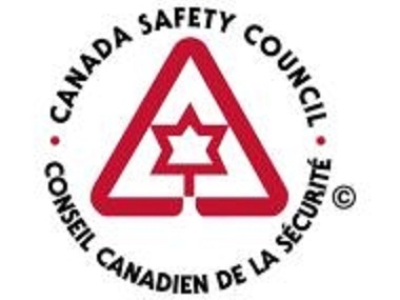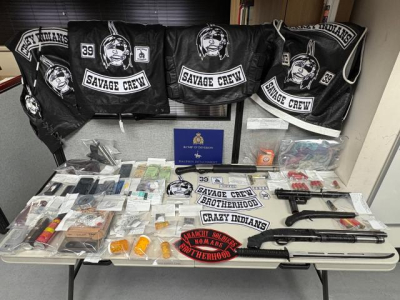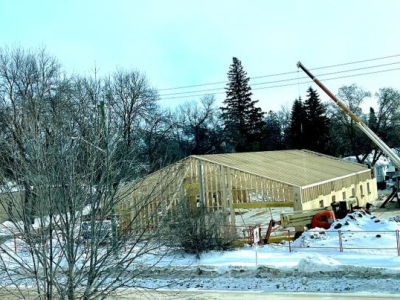An unprecedented situation is unfolding right now in Canadian cattle country, where industry groups say a widespread feed shortage has escalated into a crisis situation.
Last summer's extreme drought in western Canada left domestic supplies of hay and other feed grains at low levels, so many cattle producers have had to resort to importing large quantities of corn from the U-S to feed their animals through the winter.
But the extreme cold, COVID-19-related labour challenges and other supply chain issues have disrupted rail transport and delayed feed shipments.
Carson Callum is the general manager with Manitoba Beef Producers and he says it is a tough time for many farmers.
"I know we were in a feed shortage back in the summer but we got a little bit of a reprieve in the fall so farmers could stock up," said Callum. "But now we're facing the same issue and it's certainly becoming a problem, especially here in the west."
Several large feedlot operators expect to run out of animal feed "within days.''
Callum did offer some positivity; however, as all the snow we have received should be very beneficial for farmers ahead of the growing season. He says as long as it's slow snowmelt and the ground can absorb as much moisture as possible, we should be in a good spot. He just hopes the extreme cold can stay away so the feed situation can improve.
"With all this snow, another challenge is having to clear all the snow and making sure the animals have bedding," said Callum. "From a long-term perspective, all this snow will help and I'm happy to see it. With that said, producers are still dealing with these challenges whether it be dealing with the cold or their feed sources."







